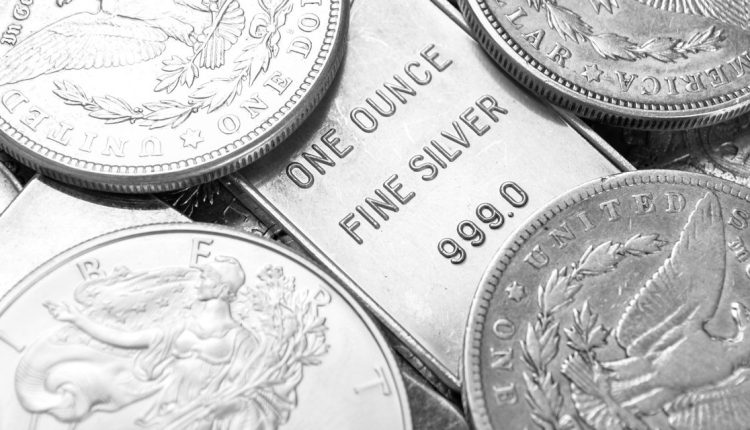Might fixed-income investors be better off because of the worst bear market in history? It seems ludicrous to even ask. But if we compare our bond holdings today versus three years ago in terms of their annuity equivalents, we’re better off than when interest rates were at all-time lows in late 2020.
Keep this in mind the next time you read or hear someone bemoan the unprecedented losses the bond market has incurred. It’s a sign of excessive bearishness when investors interpret good news as bad.
The good news in higher interest rates traces to their correlation with annuity payout rates, as you can see from the chart above. When rates were at or near their record lows in 2020, a 65-year-old male with $100,000 could purchase a “life & 10 years certain” annuity that provided a guaranteed income of around $450 per month for the rest of his life. Today, in contrast, $100,000 could purchase a guaranteed monthly income of around $620.
(These rates are courtesy of the ImmediateAnuities.com website. A “life & 10 years certain” annuity is one that provides guaranteed lifetime income for the annuitant, but if the annuitant dies within the first 10 years, payments continue to the annuitant’s heirs for the remainder of those 10 years.)
In other words, even though bond investors have fewer dollars today than three years ago, those dollars go further. Depending on which kind of bonds they invested in, they might even be better off today.
Consider an investor who held the Vanguard Total Bond Market Index Fund ETF
BND.
The fund’s objective, according to Vanguard, “to track the performance of a broad, market-weighted bond index.” A $100,000 investment in this ETF three years ago would be worth about $84,000 today, but that reduced amount could still purchase a guaranteed monthly payment of around $525 — more than the $450 monthly payment that could have been locked in three years ago.
This perspective casts an entirely new light on those bond investors who are yearning for a return to era of low interest rates. Though their bond holdings would undoubtedly rise in that event, it’s quite likely that the annuity payout they would be able to purchase with that greater amount would be lower.
Mark Hulbert is a regular contributor to MarketWatch. His Hulbert Ratings tracks investment newsletters that pay a flat fee to be audited. He can be reached at [email protected]
More: Why stock-market investors are fixated on 5% as 10-year Treasury yield nears key threshold
Also read: Powell may have given ‘green light’ for higher bond yields with 10-year near 5%: Fed watcher
Read the full article here

